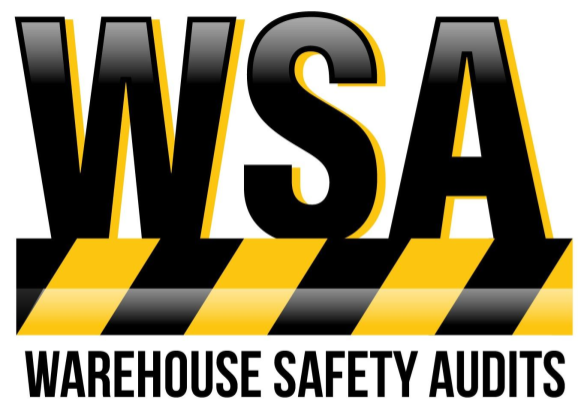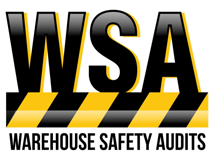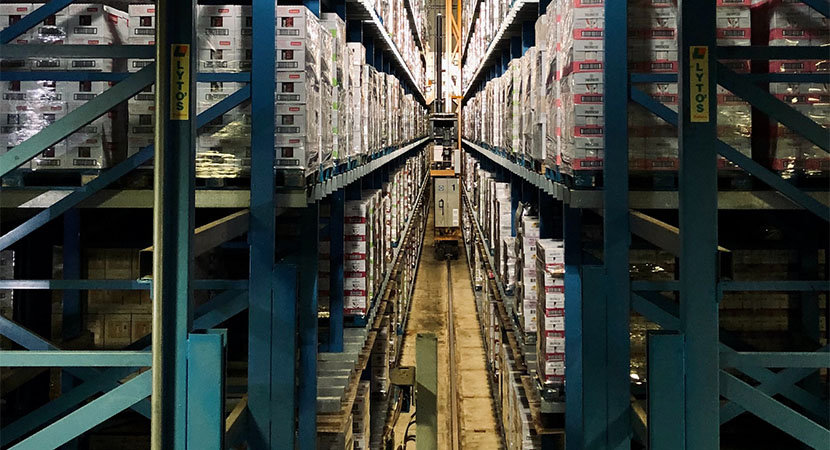Enhancing Operational Efficiency: The Vital Role of Warehouse Safety Audits
Introduction
In today’s fast-paced business environment, warehouses serve as the lifelines of supply chains, ensuring the seamless movement of goods from manufacturers to consumers. However, with the increasing complexity of logistics operations, it becomes imperative for organisations to prioritise safety within their warehouse facilities. This is where regular warehouse safety audits play a pivotal role. In this article, we will explore the importance of warehouse safety audits and how they contribute to maintaining a safe and productive work environment.
- Safeguarding Employee Well-beingThe primary objective of a warehouse safety audit is to protect the well-being of employees. Warehouses are inherently dynamic environments with various potential hazards such as heavy machinery, forklifts, hazardous materials, and storage systems. By conducting regular safety audits, organisations can identify and mitigate potential risks, ensuring the physical and mental well-being of their workforce.
- Reducing Workplace Accidents
Workplace accidents not only lead to injuries and harm employees but also disrupt operational efficiency and incur significant financial losses for businesses. Warehouse safety audits enable proactive identification of potential hazards and safety lapses, which can then be addressed promptly. Implementing corrective measures identified through audits significantly reduces the likelihood of accidents, ensuring a safer working environment for all employees. - Compliance with Legal and Regulatory Standards
Warehouses are subject to various legal and regulatory requirements aimed at ensuring the safety of workers and the surrounding environment. Warehouse safety audits help organisations assess their compliance with these standards, ensuring that all necessary safety protocols are in place. By proactively identifying and rectifying any non-compliance issues, organisations can avoid legal penalties, reputational damage, and operational disruptions. - Enhancing Operational Efficiency
A safe warehouse is a productive warehouse. Regular safety audits help identify bottlenecks, inefficient processes, and potential hazards that could impede workflow. By optimising safety protocols, equipment placement, and traffic flow within the warehouse, audits enable organisations to enhance operational efficiency, reduce downtime, and improve overall productivity. - Protecting Assets and Inventory
Warehouses store valuable assets and inventory, making them attractive targets for theft, vandalism, and damage. Safety audits assess the effectiveness of security measures such as surveillance systems, access controls, and emergency response plans. By ensuring these measures are up to par, audits help safeguard assets, protect inventory integrity, and minimise financial losses due to theft or damage. - Fostering a Culture of Safety
Warehouse safety audits play a crucial role in fostering a culture of safety within organisations. By regularly reviewing safety practices, conducting training programs, and engaging employees in safety discussions, audits create awareness and reinforce the importance of safety. When employees feel safe and supported, they are more likely to take ownership of safety measures and proactively contribute to maintaining a secure work environment.
- Continuous Improvement
A warehouse safety audit is not a one-time event but rather an ongoing process. Regular audits allow organisations to track safety performance over time, identify trends, and implement continuous improvements. By analysing audit findings and soliciting feedback from employees, organisations can adapt safety protocols, invest in necessary equipment upgrades, and incorporate best practices to further enhance safety standards.
Conclusion
Warehouse safety audits are an integral part of maintaining a secure work environment, protecting employees, and optimising operational efficiency. By proactively identifying potential hazards, addressing compliance issues, and fostering a culture of safety, organisations can minimise workplace accidents, safeguard assets, and enhance overall productivity. Embracing regular safety audits not only ensures legal compliance but also demonstrates a commitment to employee well-being, ultimately contributing to the long-term success and sustainability of any organisation operating a warehouse facility.


